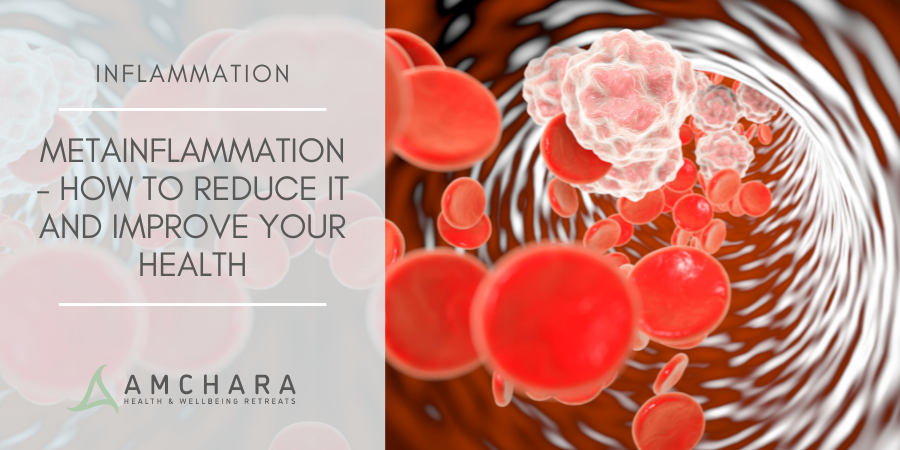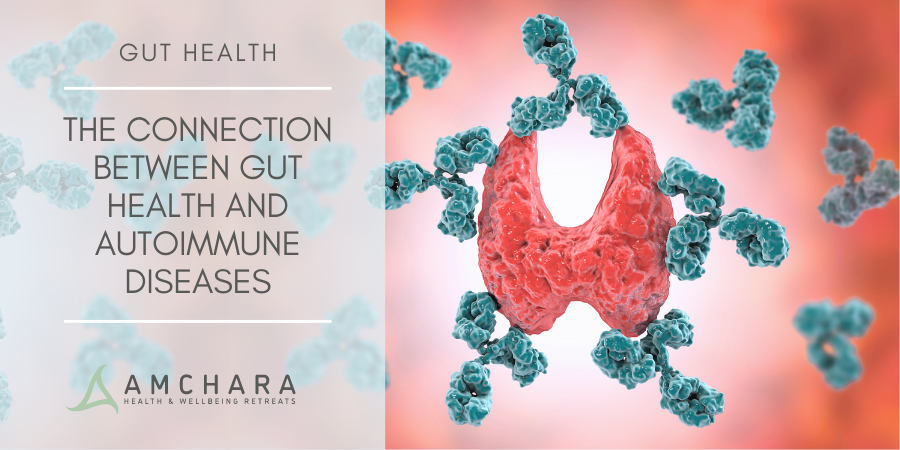We are now consuming more than 20 times as much sugar as our predecessors and insulin resistance is affecting thousands of people on a daily basis causing weight gain, diabetes and a whole host of other health issues.
Could it now be the underlying issue for many diseases and states of poor health?
What is Insulin Resistance?
Insulin is a hormone produced by the pancreas that controls the level of sugar glucose in the bloodstream.
Our cells are only able to use glucose for energy when insulin is present so if the body is not able produce enough insulin, glucose is unable to enter cells within the body and therefore remains in the bloodstream, causing a rise in the blood sugar level.
This process happens over time through poor diet including consumption of too much sugar, too many grains and trans-fats all of which make up most processed foods.
Once insulin resistance has developed, the body no longer responds to insulin as it should which leads to a chronic metabolic disease of that organ.
For examples insulin resistance of the liver leads to Type 2 Diabetes and insulin resistance of the brain has been linked to Alzheimer’s disease.
When the cells become resistant to insulin they are not able to take on enough glucose that then remains within the bloodstream.
This in turn generates the pancreas to work overtime to create more insulin to try and stabilise the level of sugar within the blood.
Over time, the pancreas is unable to continue to produce the amount of insulin required and at such a rate which can ultimately lead to the development of diabetes.
What are the triggers for insulin resistance?
- Genetics: studies have found that children of diabetic parents have a higher risk of becoming insulin resistant themselves due to the inheritance of the mitochondrial dysfunction
- Too much fructose: as our liver is the only organ that can metabolise fructose, when we eat too much of it, the liver transforms it into fat and becomes more fatty itself.
- Stress: increases the production of the hormone cortisol which increases blood sugar levels.
How does insulin resistance lead to weight gain?
Your liver converts excess sugar consumed into liver fat, when it reaches the point where it becomes resistant to insulin, hyperinsuinemia occurs and changes the body’s energy storage to body fat.
How to reduce insulin resistance
- Sugar: Reduce sugar consumption by eliminating all processed foods and including only whole foods that are full of nutrients.
- Grains. Cut them out and replace them with vegetables and occasionally with pseudo-grains (such as quinoa, amaranth, chia, buckwheat).
- Intermittent fasting. By undertaking periods of fasting it helps by letting your liver burn off its fat, resulting in greater metabolic stability and insulin sensitivity.
- Exercise more. When you exercise your body produces more mitochondria, the energy houses within each cell in your body, helping to aid with energy production and muscles mass gain.
Other related topics:




